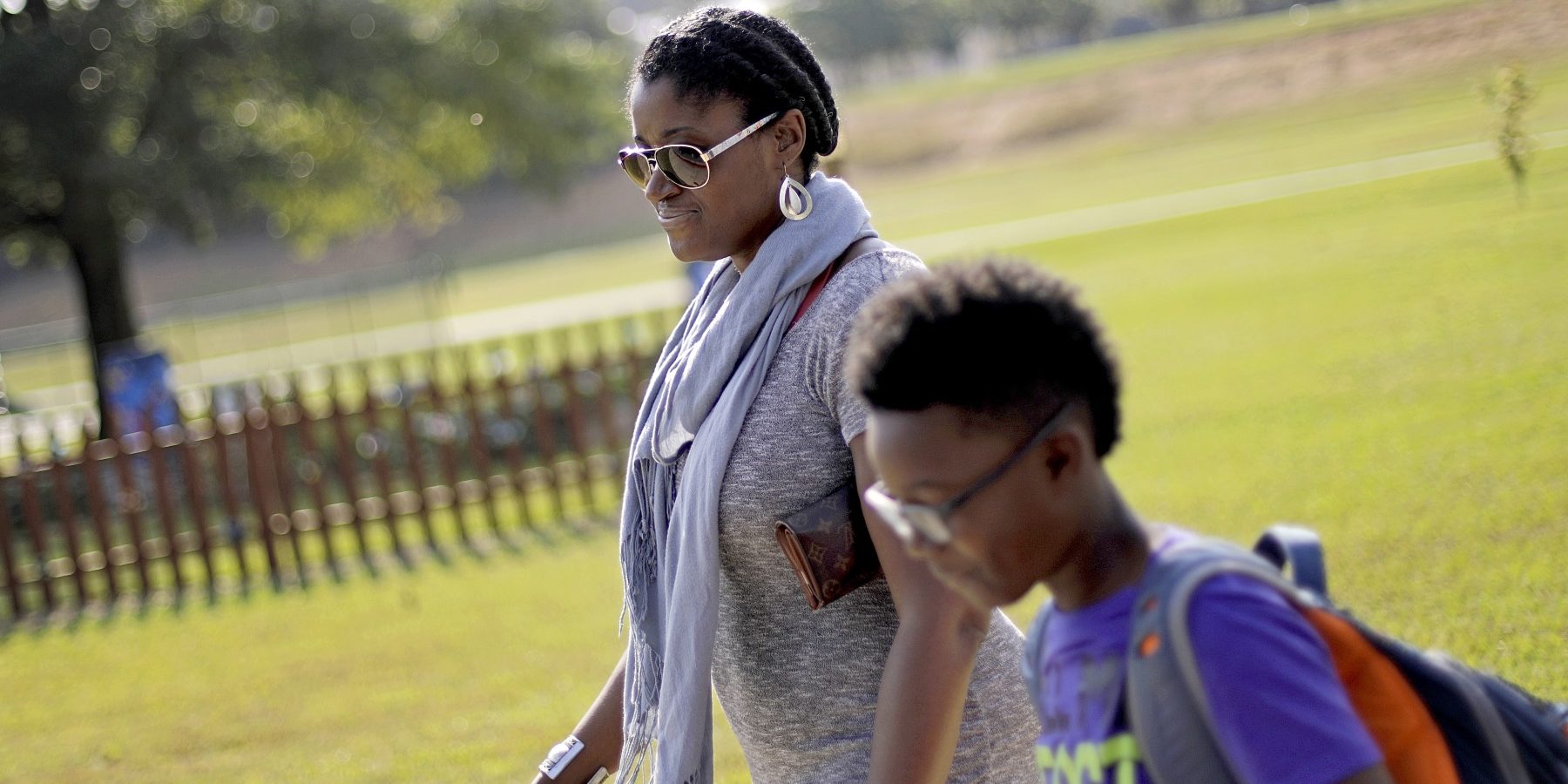The Cobb County school district recently challenged a special review conducted by its accrediting agency, called Cognia. This week the district found out it was partially successful.
Cognia carried out the review in August in response to complaints about school board conduct from the community and some board members. It initially pinpointed several areas for improvement, including fiscal responsibility, getting materials to board members in advance of meetings and board governance.
At a called meeting Monday, Cobb Superintendent Chris Ragsdale said the district didn’t agree with Cognia’s original report.
“We believed a number of the findings and recommendations were inconsistent with factual evidence provided to the special review team,” he said.
Ragsdale said the district took its concerns to Dr. Mark Elgart, president and CEO of Cognia. After reviewing the evidence Cobb provided, Elgart said Cognia revised its findings.
For one, it dropped concerns about financial management.
“The findings in the report really clearly indicate that there’s no real issue with the allocation of resources,” Elgart told the board. “The system follows its policies in making fiscal decisions. The public or members of the board may disagree with those decisions, but that’s not our role here.”
Heather Tolley-Bauer, co-founder of a watchdog group called Watching the Funds-Cobb, had a mixed reaction to the news.
“We are relieved that our high school students, families, our communities and property owners don’t have to worry about the negative things that can happen after loss of accreditation,” Tolley-Bauer said in a statement. “This is a win for them but a loss for taxpayers.”
Cognia narrowed down Cobb’s review to one main problem: board governance.
“The evidence indicated that the board is fractured,” Elgart said. “You are divided. We see that as something that right now that’s contained within the walls of this room.”
Elgart said the board’s divisiveness hasn’t affected classroom instruction or administrators’ abilities to run their schools. He pointed out that the board tends to vote in two blocks, often with a 4-3 result.
He wrote a letter to the board outlining two areas for improvement.
- Adhere to board policies to develop a culture of trust and cooperation.
- Review the code of ethics to develop and implement an accountability plan for board members.
Cognia also gave the board more time to make the improvements. It pushed back a review scheduled for December 2022 to the district’s regular accreditation evaluation in 2024.
Elgart emphasized that the special review didn’t indicate that Cobb was in danger of losing or risking its accredited status.
“They are fully accredited,” he said. “At no time during this entire process was that accreditation at risk. This is an engagement about improvement and people need to keep it within that context.”
Still, the news comes after Cobb has sought additional accreditation for its high schools through the Georgia Accrediting Commission. The move has caused some to wonder if the district is considering dropping Cognia as an accreditor. A district spokesperson wouldn’t confirm that.
Meanwhile, state lawmakers, including some from the Cobb delegation, have sponsored a bill that would tighten requirements for school accrediting agencies.









